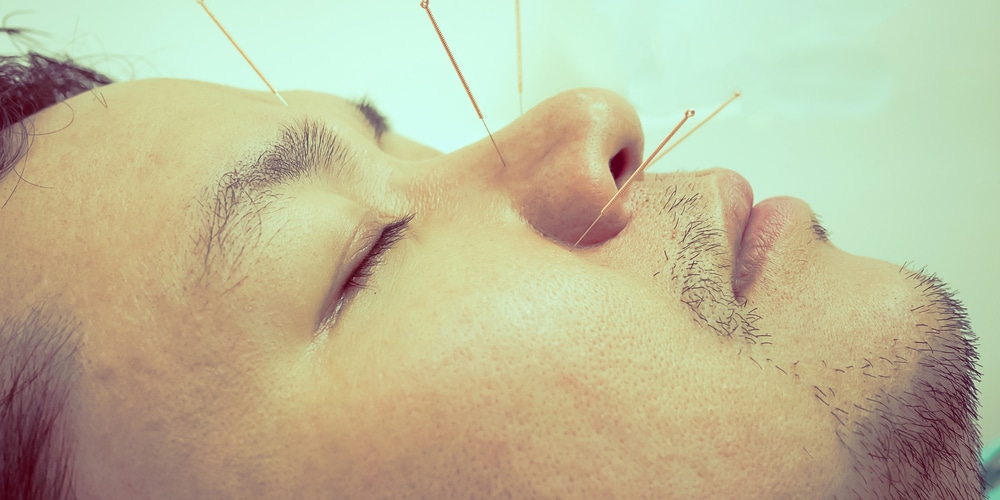ADHD drugs may offer broader life benefits: Study
The consumption of ADHD medication resulted in 15% fall in suicide attempts, 25% reduction in substance misuse, 16% drop in transport accidents, 25% decrease in criminal behaviour, and 4% decline in accidental injuries
Author
Author
- admin / 5 months

- 0
- 3 min read

Author
Medication for attention deficit hyperactivity disorder (ADHD) may deliver wider benefits beyond symptom control, according to a large study published in the British Medical Journal (BMJ).
Researchers found that people newly diagnosed with ADHD who began drug treatment were less likely to engage in harmful behaviour or meet with serious misfortune. Among those starting medication, the likelihood of first-time suicidal behaviour fell by 17%, substance misuse by 15%, transport accidents by 12%, and criminal behaviour by 13%.
The research also examined repeat events and found even stronger effects in some areas. Suicide attempts fell by 15%, substance misuse by 25%, transport accidents by 16%, criminal behaviour by 25%, and accidental injuries by 4%.
“Oftentimes there is no information on what the risks are if you don’t treat ADHD,” said Prof Samuele Cortese, study author and professor of child and adolescent psychiatry at the University of Southampton. “Now we have evidence they [drugs] can reduce these risks.”
The study followed 148,500 people aged six to 64 with ADHD in Sweden. Of these, 57% started medication, and 88% of them received methylphenidate, commonly known as Ritalin. The researchers suggest that medication helps reduce impulsivity and improves focus, which in turn can lower the risks of accidents, aggression, and criminal behaviour.

Prof Stuart Kinner, head of the Justice Health Group at Curtin University in Western Australia, said the research demonstrated “the diffuse benefits of ADHD diagnosis and treatment.” He added: “Failure to diagnose and treat ADHD can lead to self-medication with alcohol or other drugs, poor mental health, injury, and incarceration. Too many people with undiagnosed ADHD end up in the criminal justice system, where their condition may remain undiagnosed and untreated.”
Prof Ian Maidment, professor in clinical pharmacy at Aston University, said the study “adds to our understanding of the potential benefits of these drugs.” However, he pointed out that the research did not assess whether patients consistently took their medication or examine the effects of different dosages.
Symptoms typically include difficulties concentrating, sitting still, and controlling impulses. About 5% of children and 2.5% of adults worldwide are affected, though experts say the disorder is not becoming more common, only more frequently diagnosed.
Also read: FACT CHECK: Does sugar cause ADHD, dementia, glaucoma, aging, insomnia, or diabetes?
(Do you have a health-related claim that you would like us to fact-check? Send it to us, and we will fact-check it for you! You can send it on WhatsApp at +91-9311223141, mail us at hello@firstcheck.in, or click here to submit it online)









